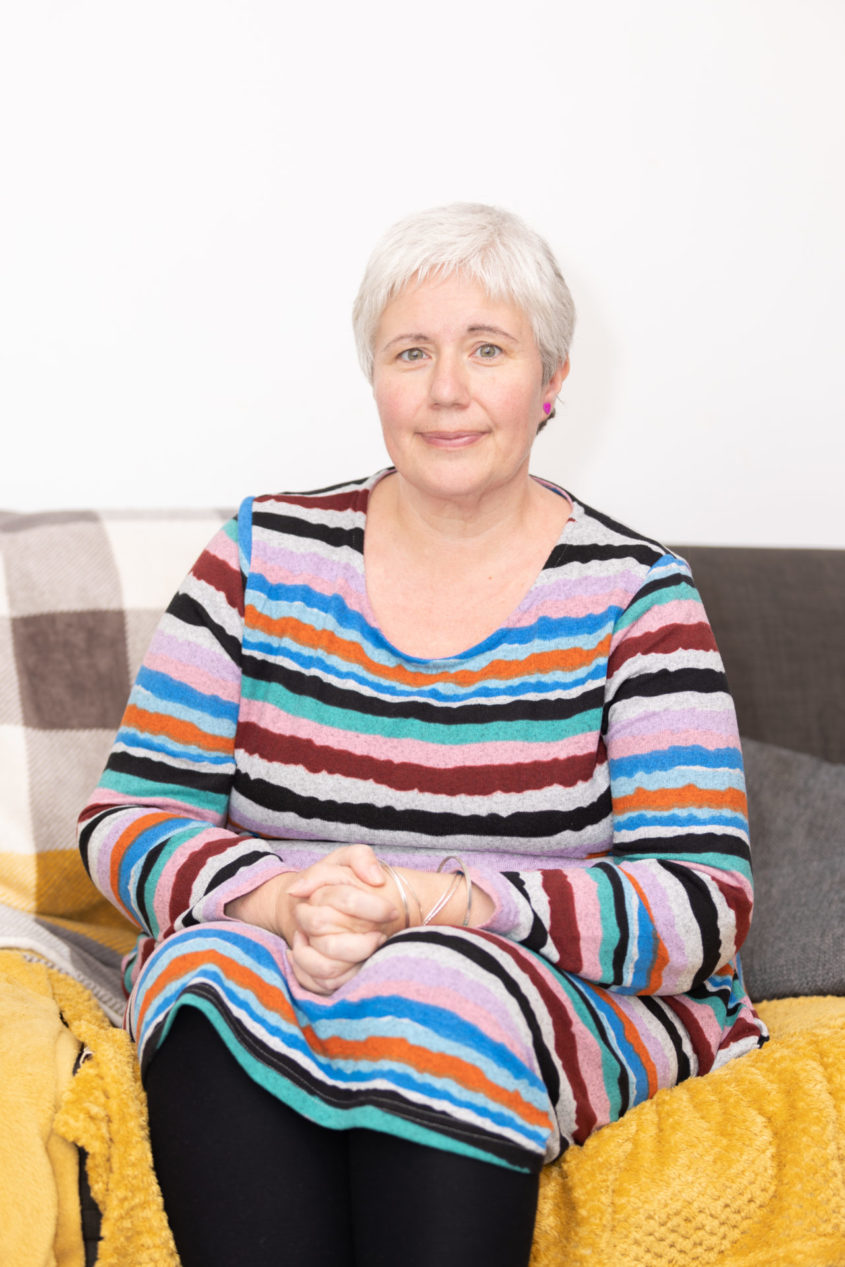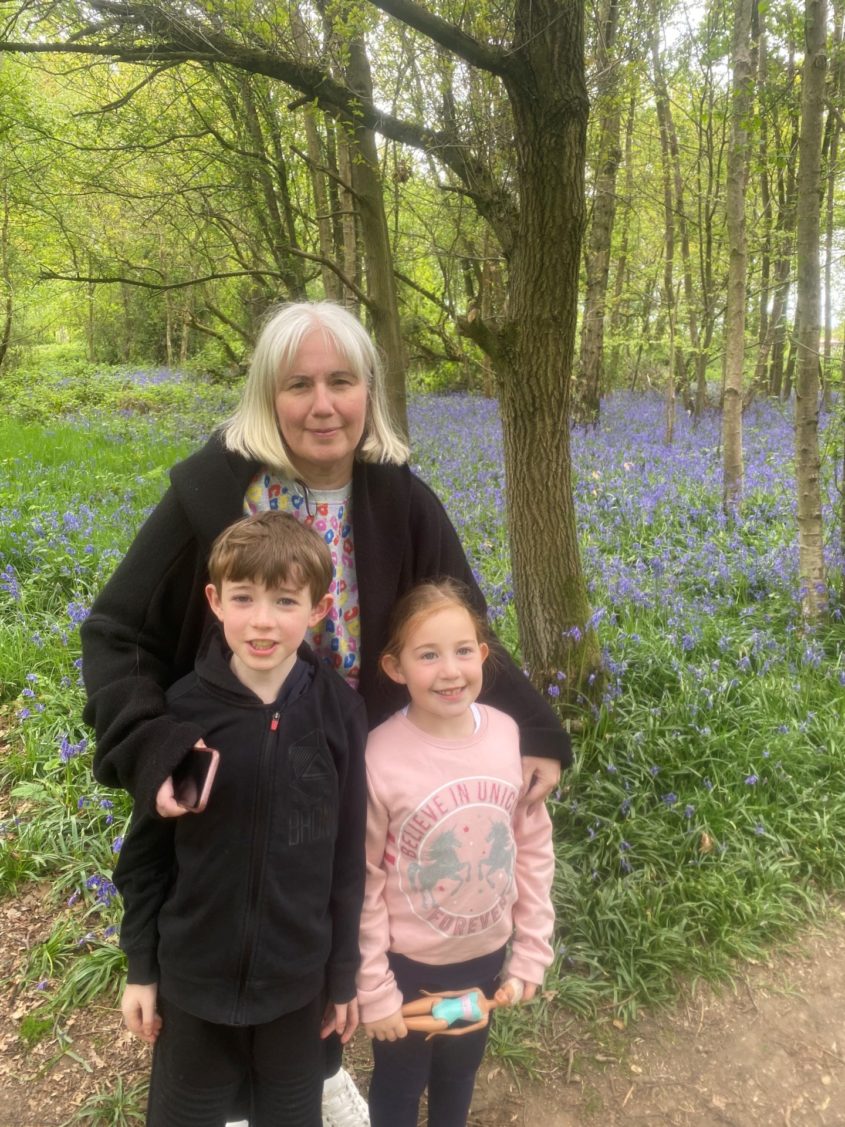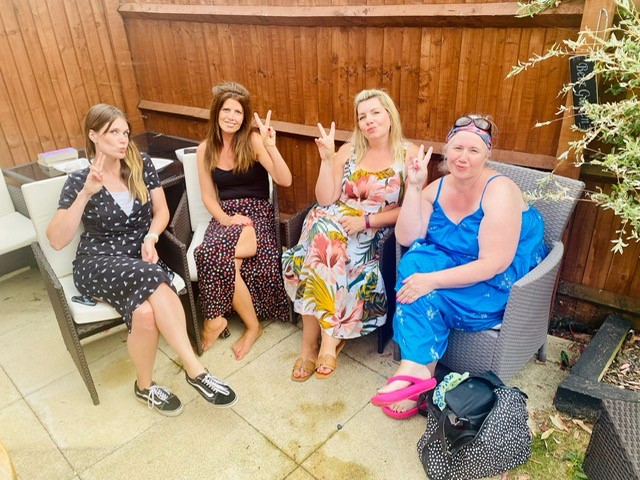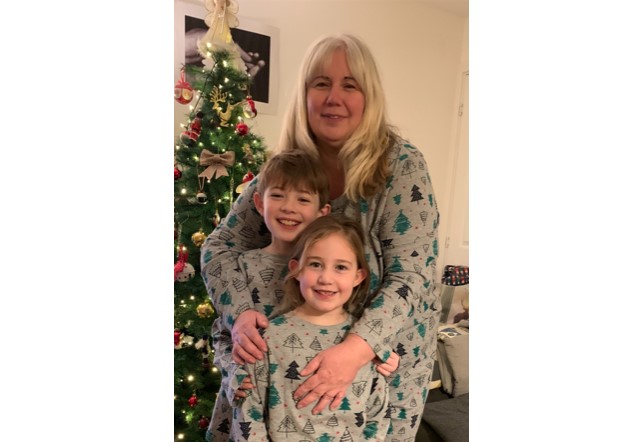



Over 80% of GPs fear NHS winter pressures will prevent lifesaving cancer treatment
More than 8 in 10 GPs fear that extreme pressures on the NHS this winter will prevent people with pancreatic cancer and other less survivable cancers from having lifesaving treatment, according to our latest poll.
Concern among family doctors is so high that 85 per cent believe pressures on the NHS in the coming months will exceed those seen during the COVID-19 pandemic. In response, we have launched our ‘No Time to Wait’ campaign demanding urgent Government action to save lives this winter.
The poll of 1,000 GPs conducted by Savanta ComRes on our behalf revealed widespread concerns about the likely impact of winter pressures:
- 92 per cent of GPs think workforce shortages this winter could lead to poorer outcomes for cancer patients.
- 81 per cent agree people with suspected cancer (such as pancreatic cancer) will have to wait longer to get a diagnosis.
- Just 5 per cent of GPs are confident that the UK Government will urgently act to provide effective support to improve outcomes for people with cancer over the coming months.
Pancreatic cancer is already a cancer emergency. Almost 60 per cent of people with the disease are being diagnosed in A&E or other emergency care – the highest proportion of any common cancer and far more than breast (3 per cent), prostate (8 per cent) or lung (36 per cent) cancers. Tragically, for most people this means it is too late for them to have lifesaving treatment. More than half of people die within three months of their diagnosis, making pancreatic cancer the quickest killing cancer.
We fear that this situation will become even worse. This is why we have launched our ‘No Time to Wait’ campaign to demand that urgent action is taken to save lives this winter. We are calling on governments across the UK to publish funded cancer plans to deliver faster diagnosis and treatment for people with pancreatic cancer who have no time to wait. We are calling for governments to take action so that everyone with the disease is: diagnosed within 21 days of their referral; offered fast access to treatment and care; and immediately given access to support from a specialist cancer nurse.
"We cannot afford to continue lurching from one worsening crisis to another. People with pancreatic cancer, their loved ones, and hardworking NHS staff all deserve better.”
Theatre nurse Becki Buggs knows first-hand both the enormous challenges facing the NHS this winter and the devastating impact of a pancreatic cancer diagnosis. In February 2022 she had surgery to remove pancreatic cancer, the very operation she prepares patients for as part of her job at Colchester Hospital. Her husband had noticed she ‘looked like a Minion’ after her skin had turned yellow from jaundice, one of the main symptoms of pancreatic cancer. Becki, a mother of two, considers herself very lucky to have been quickly referred for blood tests, scans, and surgery. However, she’s deeply worried that patients this winter will miss out on the chance of having the same operation – the only potentially curative treatment for the disease.


Becki Buggs, 44, said: “I’m worried for other pancreatic cancer patients. It scares me that there are people out there who will think, ‘Oh, I just feel a bit off and I don’t really feel well but it’s fine, I can’t get a GP appointment, so I’ll just ride it out.’ Then they become so ill and jaundiced that they get admitted to A&E and by then it’s too late.
"We have huge staff shortages; people are leaving the NHS because they are burnt out and disillusioned. There is also now the extra pressure of winter coming up and soon it's going to be that we're so short of doctors and nurses that we're not going to be able to staff the hospitals."
Becki Buggs with her family and friends
We are calling on the UK Government and devolved administrations to publish and implement funded cancer plans to deliver the earlier diagnosis and faster treatment that will save lives.
Find out more about our campaign, ‘No Time to Wait’ and sign the petition
Diana Jupp, CEO of Pancreatic Cancer UK, said: “The message from health professionals is frighteningly clear: the pandemic, staff shortages and underfunding have all pushed the NHS to breaking point. Pancreatic cancer is the quickest killing cancer, and any delays to diagnosis and treatment could cost people their chance of survival. There is no time to wait.
“Governments across the UK must bring forward and implement funded cancer plans to deliver faster diagnosis and treatment that will save lives, not just this winter but well into the future. We cannot afford to continue lurching from one worsening crisis to another. People with pancreatic cancer, their loved ones, and hardworking NHS staff all deserve better.”
The launch of our ‘No Time to Wait’ campaign this November coincides with Pancreatic Cancer Awareness Month. Common symptoms of pancreatic cancer include: indigestion, back or tummy pain, changes to your poo, unexpected weight-loss or loss of appetite, and jaundice (yellow skin or eyes and itchy skin). People experiencing any of these symptoms without knowing why they have them should contact their GP or call NHS 111. Anyone with jaundice should go to their GP or A&E straight away.




